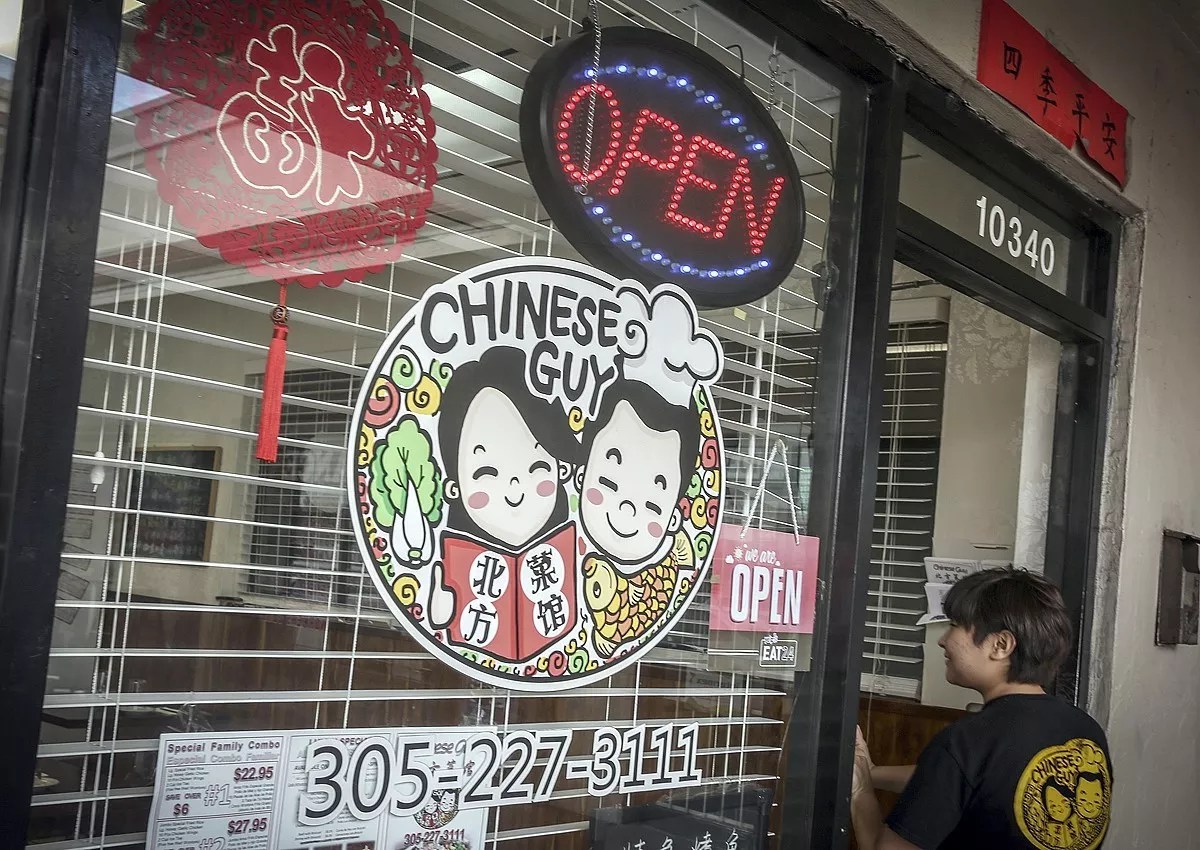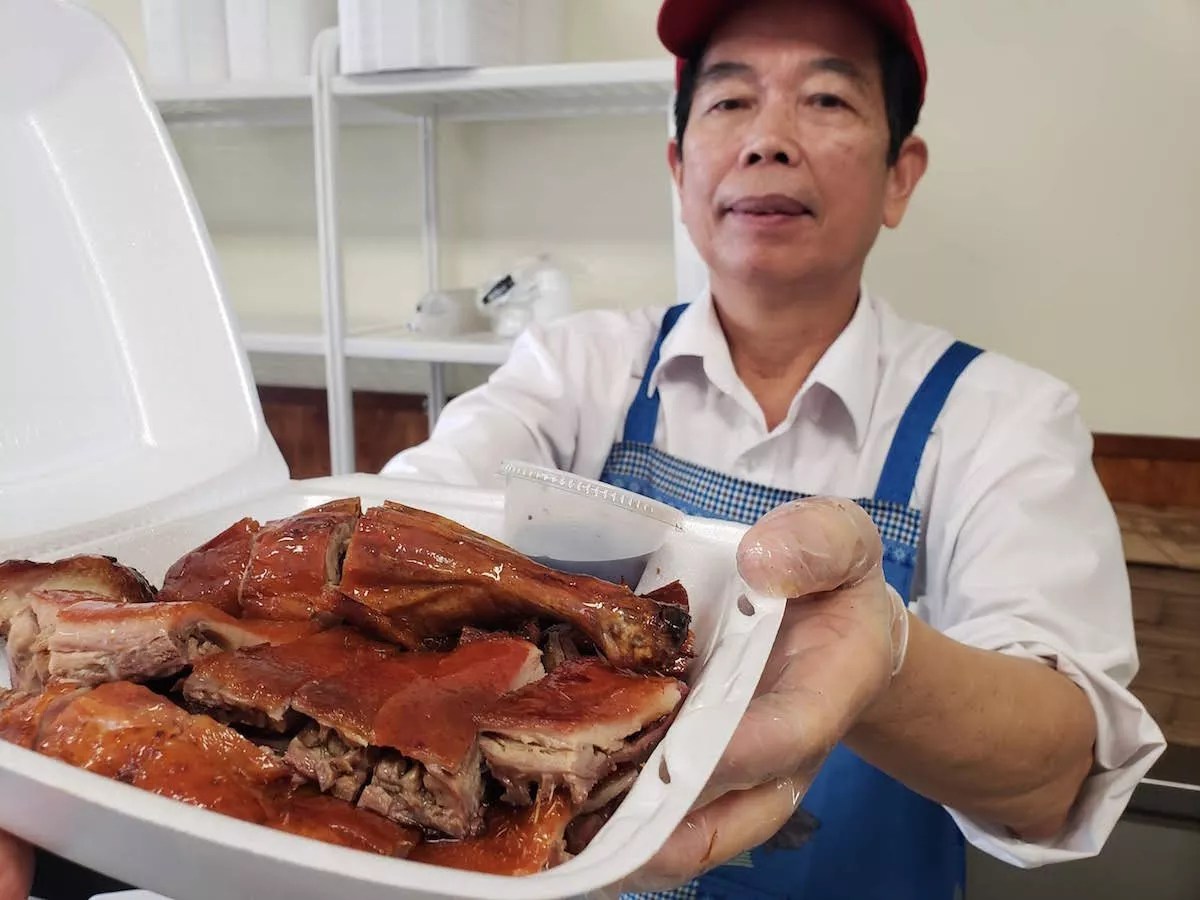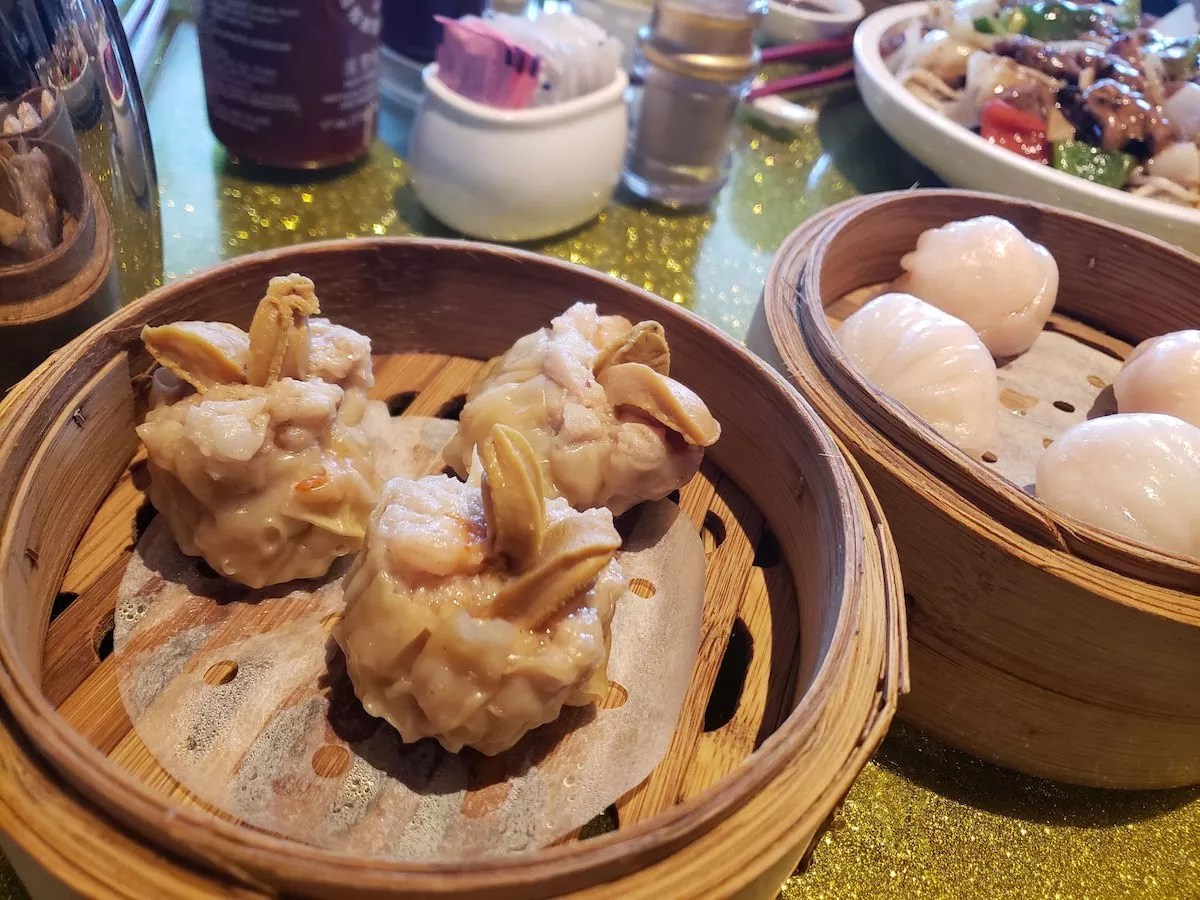
CandaceWest.com

Audio By Carbonatix
South Florida hasn’t been exempt from the xenophobic rushes to judgment that has left Chinese restaurants, businesses, and neighborhoods across the world quiet and near faltering following the early-January outbreak of coronavirus in the central Chinese city of Wuhan.
In recent days, the virus has slowly made its way west from China to Italy, where the city of Venice canceled the final two days of its annual Carnival, in which masked, extravagantly dressed performers take over iconic spaces such as the central Piazza San Marco. Inter Milan, one of the country’s most famed soccer clubs, played a Europa League game in an empty stadium. Officials on Tenerife, one of the Canary Islands off the coast of Spain, quarantined about a thousand guests staying in the luxurious hotel H10 Costa Adeje Palace.
And though South Florida is 8,422 miles from Wuhan, Chinese restaurants throughout the region have seen marked drops in customers, staff refusing to go to work, and fear that seems to be based more on assumption than science.
“Our business has fallen by 50 percent,” Chinese Guy Chi-Town owner Kun Bao says. “We’ve already had to fire one of our chefs, and we’re changing our menu to make everything smaller, but we don’t know how long we can hang on if things continue this way.”
Bao and his wife Yanan Cai opened the original Chinese Guy in late 2016 to serve a growing population of Florida International University students hailing from in and around Tianjin, in northern China. The pair moved to a larger space in late 2017 and added Sichuan hot pot and a wide array of fresh noodle dishes to an already bustling menu offering smoked tofu with pickled mustard greens ($9.95), tender Yangzhou meatballs with bok choy ($14.95), and velvety jiuniang fish ($11.95) buried under sliced ginger, scallions, and wood ear mushrooms.

King Duck’s signature pipa duck.
Zachary Fagenson
Bao says that one employee refused to come into work over concerns about the virus and that other Chinese restaurant owners he knows are being pushed to the brink.
In early January, the New York Times reported that nearly 60 people were suffering from a mysterious sickness in Wuhan that was linked to a market that sold live fish, animals, and birds. As concerns mounted and the virus spread, the Chinese government put the country on lockdown and mustered thousands of construction workers to build a hospital in ten days to hold those suspected of being infected.
The Chinese government has said that, so far, the virus has killed about 3,000, infected more than 80,000, and spread to more than two dozen countries.
Though coronavirus has entered Europe and led to 15 confirmed cases in the United States, the World Health Organization has shied away from calling the outbreak a pandemic so as not to spread undue fear. Meanwhile, the Centers for Disease Control and Prevention (CDC) launched an informational page to slow the spread of the already growing stigma against people of Chinese and Asian descent.
In cities such as Boston and Chicago, restaurant owners, food writers, and public officials have called for citizens to support their Chinatowns to prevent long-term damage to those business communities. Despite South Florida’s smaller Chinese and Chinese-American population, living mostly in Broward County, a similar effort seems needed.
“It’s been quite obvious since the beginning of February – we’ve seen sales drop by about 20 percent,” says Molly Lu, owner of West Miami-Dade’s King Duck Chinese BBQ.
For years, she longed for the roast duck and crispy pork belly she enjoyed while growing up in Jiangmen, just outside of Macau. Finally, in 2018, she persuaded her father, a retired contractor, to open the small shop, specializing in the pipa duck ($12 half, $23.50 whole) preparation. Here, the bird is almost spatchcocked and roasted in a shape resembling a traditional Chinese instrument similar to a lute. The result is crisper than traditional roast duck thanks to the greater surface area, yielding the ability to render more of the bird’s fat.
Lu says she wants customers to think about the distance from Miami to the epicenter of the virus and know that none of her employees has traveled to China in the past several months. Still, her pleas might not be enough.
“We had a customer come in who said his friends have been telling people not to eat Chinese food,” she adds. “I understand people’s concerns, but it’s unfortunate.”

Dim sum at Gold Marquess Fine Chinese Cuisine.
Zachary Fagenson
Fil Ip, owner of Pembroke Pines’ Gold Marquess Fine Chinese Cuisine and Yip at Wynwood’s 1-800-Lucky, says he has seen a nearly 20 percent decrease in foot traffic at his Broward County restaurant but no similar drop-off in Wynwood.
“Maybe it’s because people see it as more Americanized?” he asks.
The current fear in South Florida and beyond recalls the concern surrounding the so-called Chinese restaurant syndrome, in which people were duped into believing that the monosodium glutamate (MSG) prevalent in Chinese-American food was somehow causing symptoms such as tingling and burning. Of course, no one complained when Taco Bell, McDonald’s, Kentucky Fried Chicken, Pringles, Campbell’s, and other brands began loading the flavor enhancer into their products.
Still, Ip says people of Chinese descent have been reticent to frequent their favorite restaurants, further complicating issues. Many of Gold Marquess’ regulars have been taking precautions such as avoiding public places, which in turn slows business at nearby Asian markets. The restaurants have avoided layoffs so far by streamlining and implementing clever scheduling. The reality is that March will also be a difficult month, especially considering the recent appearance of the virus in western Europe, but the hope is that conditions will begin to improve in April.
However, an element of frustration will remain in the Chinese and Chinese-American community about how the outbreak is being perceived and that some people are rushing to judgment rather than doing something as simple as visiting the CDC’s website.
“There have already been more deaths from the general flu,” Ip says, referring to the approximately 14,000 people who have died from the flu this season. “The press hasn’t reported about that as much.”